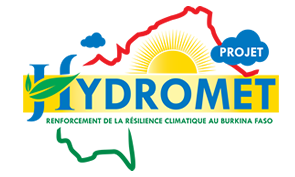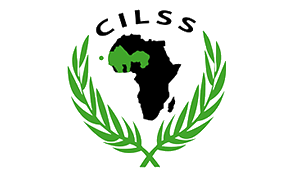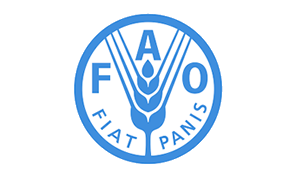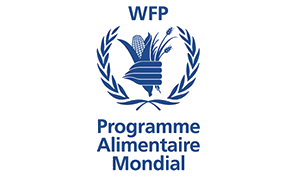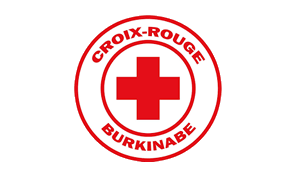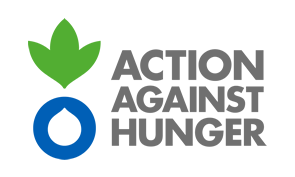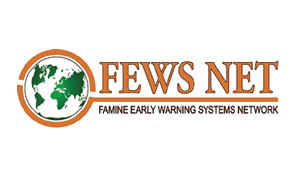Report of the second joint monitoring and evaluation mission of the agro-pastoral campaign and the food and nutritional situation of households, September 2012
28 September 2012
The 2012-2013 agropastoral campaign got off to a disparate start from one region to another. As in previous years, the installation was timid with early rains occurring during the months of April and May in the southern, southwest and western parts of the country gradually following the north-south gradient.Thus, in all the regions starting from the southwest to reach the Sahel via the Center, the start of the agricultural season was locally difficult due to the irregularity of rainfall observed over time and in space.
In fact, appreciable amounts of rains were observed during the months of April and May, thus presaging an early start of the agricultural season. This impression made it possible to operate the first sowing, which subsequently experienced prolonged dry sequences of more than 14 days during the month of June in several localities in the regions of Boucle du Mouhoun, Hauts-Bassins, Center-Ouest, Center-South and Center-East. This dry episode was detrimental to the
good development of the crops planted in these localities causing reseeding in most of these regions. It was during the first decade of July that the campaign really took hold over the whole country thanks to the good rainfall observed during this period, particularly in the regularity and distribution in space. The physiognomy of the agricultural campaign during this period was satisfactory and average over the whole country with the quantities and the quality of rain received during the two decades of July 2012. Exceptional daily rains, cases of flooding and Strong winds were also reported in places but without major damage.
The assumptions made for the months of July, August and September indicate an even more difficult food situation for many households with a considerable reduction in the number and quantity of daily meals.
However, maintaining the regularity of the rains should favor a downward trend in food prices. Ongoing interventions in the field of nutrition in the regions (rehabilitation and prevention) should contribute to reducing the prevalence rates of acute malnutrition. The food situation of livestock should also see a marked improvement with the development of natural pastures. In such a context, the evolution of the agricultural season remains a determining factor of the future behavior of market players and hence of the food situation of households. In view of these initial results from the 2012/2013 crop year, information monitoring and adequate measures are essential to deal with any meteorological disasters that could occur.
The qualitative monitoring of the agro-pastoral campaign through the various information systems concerned is also decisive for detecting at an early stage any anomalies that could compromise the smooth running of the campaign.
This joint mission to monitor the agro-pastoral campaign and the current food and nutritional situation falls within this framework. Its overall objective is to assess the state of development of the agricultural season, to assess the current food and nutritional situation of households and to identify prospects. It is jointly implemented by all the member structures of the national food crisis prevention, alert and management system: DGPER, DGM, DGRE SP / CONASUR, SP / PAM, SP / CONACILSS,
DGPSE, DGPV, SE / CNSA, SONAGESS, IGAE, DN, FAO, PAM, FEWS NET, ACF, INERA and Burkinabè Red Cross. It was carried out from September 02 to 08 by six multidisciplinary teams, spread over six axes covering the whole country.
This report, resulting from the analysis by the various structures of the system, emphasizes:
o The pluviometric and hydrological situation
o The condition of crops and cultivation operations
o The food and nutritional situation of households
o The food and health situation of livestock
o Perspectives and recommendations.
